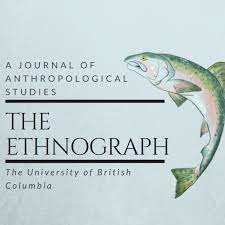(Mis)interpreting the Commerce Clause: A Critical Look At Corpus Linguistics As A Solution to the Question of Originalism.
DOI:
https://doi.org/10.14288/ejas.v7i2.198726Abstract
In recent years the use of corpus linguistics as a remedy to the problem of linguistic drift and United States legal language interpretation has proliferated, especially in the field of constitutional originalism of United States constitutional language. This paper investigates the Commerce Clause of the United States constitution as a case study for looking at the effects of legal language misinterpretation, through the Corpus of Founding Era American English (COFEA). This paper will then take a critical look at a modern case of legal language in order to question critical assumptions made by linguists about the employment of corpora for originalist analysis. This paper argues for the necessity of scepticism around the idea that ‘original intention’ behind written law can somehow be revealed by the syntax-oriented public-usage frequency analysis achieved through corpus analysis. Using corpus analysis to reveal intention assumes not only that legal language likely conforms to original public meanings of words, but more critically that these laws were intended to conform to one such interpretation. Rather, this paper will demonstrate that legal language is consistently written in a way which lends itself to multiple interpretations, and perhaps done so purposefully. By employing corpus linguistics to tackle the problem of original legal meaning, this paper argues, linguists could be ignoring this as a significant feature of legal language culture.
Downloads
Published
Issue
Section
License
Copyright (c) 2023 The Ethnograph: Journal of Anthropological Studies

This work is licensed under a Creative Commons Attribution-NonCommercial-NoDerivatives 4.0 International License.

